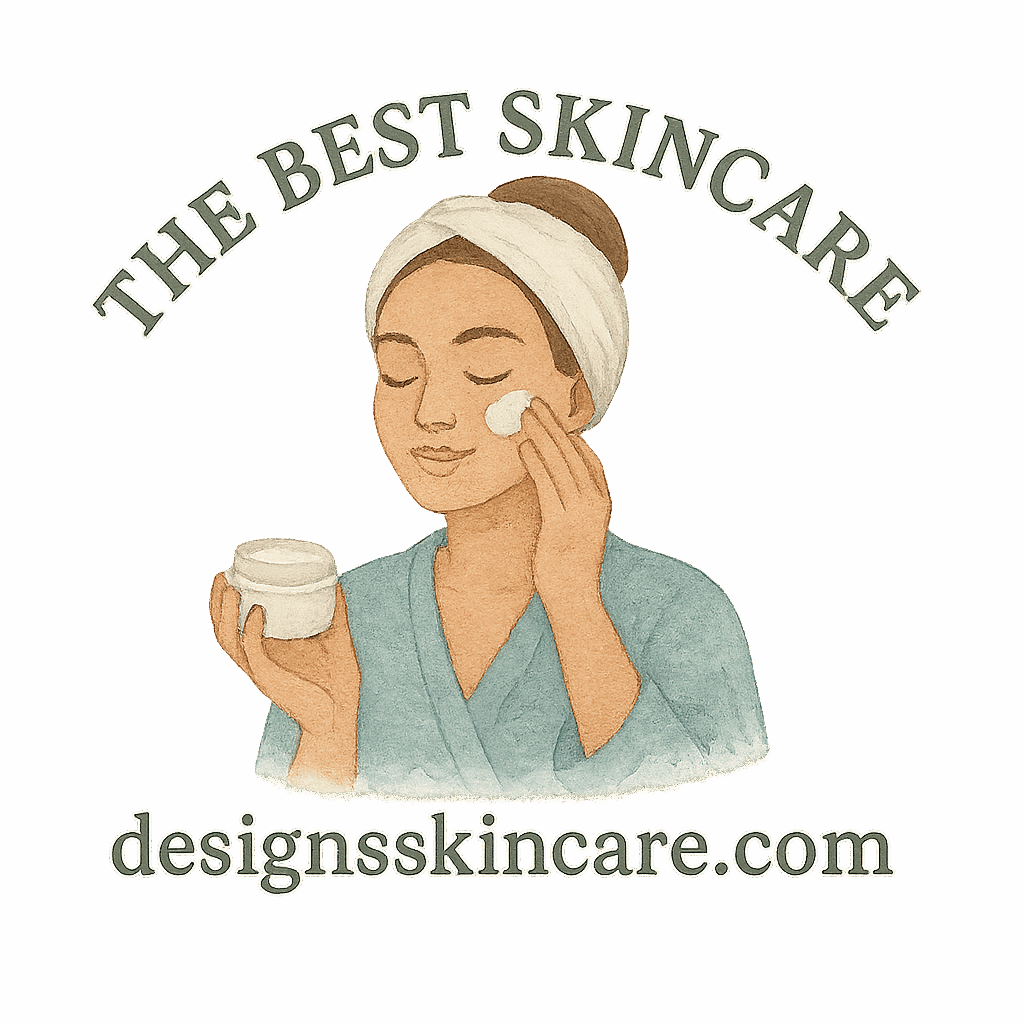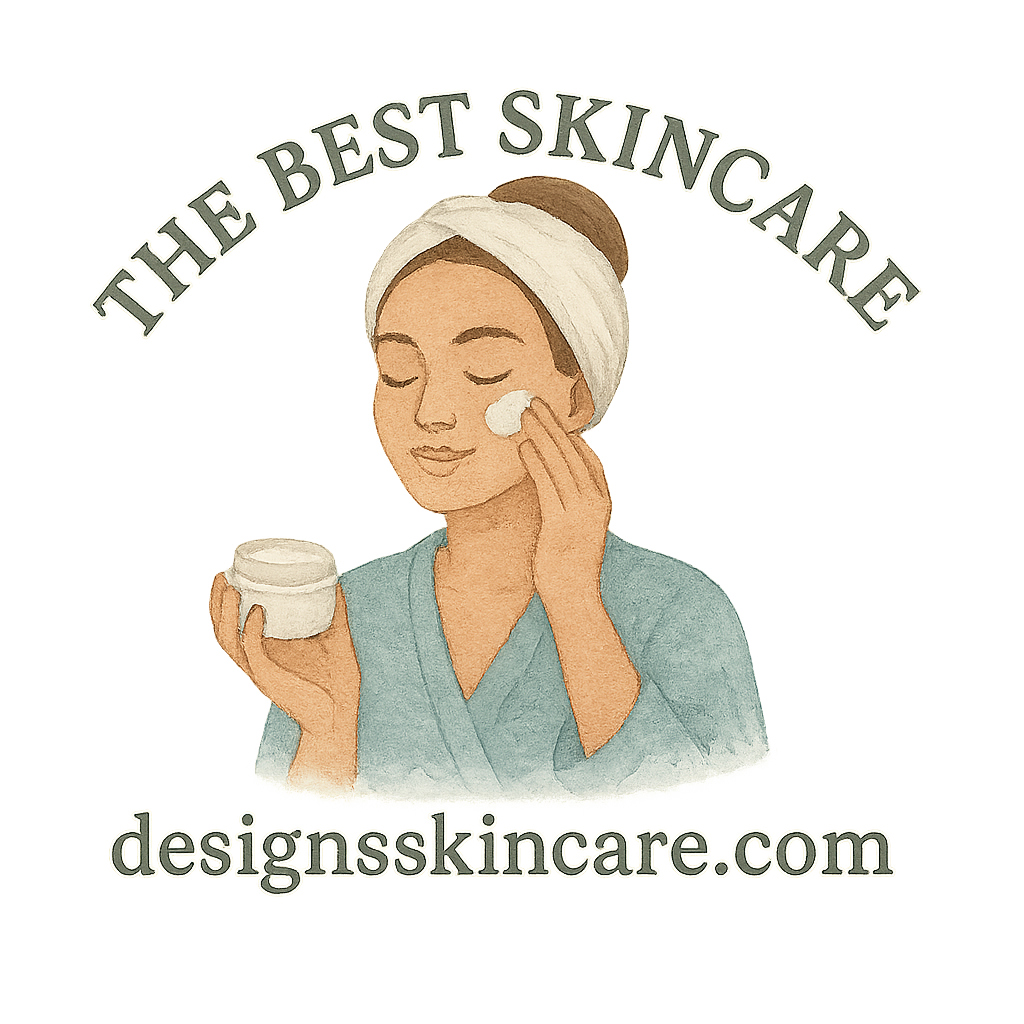Why Minimalist Skincare is Gaining Popularity
Have you noticed how skincare aisles are overflowing with endless products—serums, creams, mists, oils, masks, and more? While it’s tempting to grab everything, dermatologists are increasingly recommending minimalist skincare routines. The idea is simple: less really can be more when it comes to healthy, glowing skin.
A minimalist skincare approach focuses on fewer, high-quality products that work with your skin instead of overwhelming it.
The Science Behind Simplifying Skincare
Here’s the deal—your skin has a natural barrier that protects against pollutants, bacteria, and dehydration. Overloading it with too many active ingredients at once can disrupt that barrier. Dermatologists emphasize that a streamlined skincare routine helps your skin reset, balance, and stay healthy without unnecessary irritation.
Benefits of a Minimalist Skincare Routine
Saves Time and Money
Let’s be honest, no one wants to spend 45 minutes layering 10 products before bed. Minimalist skincare saves you both time and money without sacrificing results.
Reduces Skin Irritation
When you cut out unnecessary products, you also cut out potential irritants. A clean, simple routine is gentler on sensitive skin.
Focuses on Essentials Only
Minimalist routines prioritize cleansing, moisturizing, and sun protection—the holy trinity of skincare. Everything else is optional.
How Dermatologists Define Minimalist Skincare
Quality Over Quantity
Instead of chasing trendy products, dermatologists recommend investing in well-formulated basics that actually deliver results.
Building a Strong Foundation
Think of skincare like building a house—you need a strong foundation (cleanser, moisturizer, sunscreen) before adding fancy extras.
11 Minimalist Skincare Routines Recommended by Dermatologists
1. Gentle Cleansing Twice a Day
Cleansing removes dirt, oil, and makeup. A mild, sulfate-free cleanser prevents over-drying while keeping skin fresh.
Best cleansers for sensitive skin
Look for cream or gel-based cleansers that won’t strip natural oils. More insights on skincare by skin type.
2. Hydrating Toner or Mist
While optional, a light toner or mist helps restore pH balance and hydration.
Why hydration balance matters
Proper hydration prevents breakouts, dryness, and flaky patches. Read more on hydration tips.
3. Lightweight Moisturizer
Your skin needs consistent hydration—whether oily, dry, or combination.
Choosing moisturizers by skin type
- Dry skin: Cream-based moisturizers (dry skin guide)
- Oily skin: Gel-based hydrators
- Sensitive skin: Fragrance-free lotions
4. Daily Sunscreen Protection
Dermatologists unanimously agree: SPF is non-negotiable.
SPF recommendations for daily use
Use broad-spectrum SPF 30+ every day—even when indoors or cloudy. Learn more at skincare routine essentials.
5. Nighttime Cleansing Ritual
Nighttime cleansing is crucial to remove makeup, sunscreen, and pollutants.
Removing makeup & pollutants effectively
Micellar water or gentle balms work best without stripping skin. Explore more skincare steps.
6. Weekly Exfoliation
Minimalist doesn’t mean ignoring exfoliation—it just means being smart about it.
Gentle exfoliants dermatologists love
Opt for chemical exfoliants like AHAs or BHAs once a week. Over-exfoliating can damage your skin barrier (skincare ingredients).

7. Targeted Serum (Optional)
Dermatologists suggest adding only one targeted serum if needed.
Vitamin C, niacinamide, or hyaluronic acid
Each ingredient addresses specific concerns. See more in the skincare ingredients guide.
8. Eye Cream or Eye Gel
If dark circles or puffiness bother you, a simple eye gel can be beneficial.
When and how to apply correctly
Tap gently with your ring finger to avoid tugging delicate skin (beauty tips).
9. Simplified Skincare for Acne-Prone Skin
Minimalism is especially useful for acne since overusing products can worsen breakouts.
Balancing treatment without irritation
Stick to a gentle cleanser, light moisturizer, sunscreen, and one acne treatment (like benzoyl peroxide or salicylic acid). Learn more on hormonal acne.
10. Seasonal Adjustments
Minimalist skincare should adapt to your climate.
Skincare routine for dry vs humid weather
- Winter: Switch to creamier moisturizers
- Summer: Use lighter gels and mists (travel skincare)
11. Consistency Over Perfection
The biggest secret? Stick to the basics every single day.
Why sticking to basics works
Dermatologists say results come from consistency, not complexity.
Skincare by Age: Minimalist Adjustments
Minimalism in Your 20s
Focus on cleansing, moisturizing, and sun protection. Prevent rather than treat. Explore skincare by age.
Minimalism in Your 30s
Add antioxidants like Vitamin C and hydrating serums.
Minimalism in Your 40s+
Consider gentle retinoids for anti-aging benefits.
Skincare by Skin Type
Dry Skin Essentials
Creamy cleansers, hydrating toners, and nourishing moisturizers. (dry skin tips)
Oily and Acne-Prone Minimalism
Gel cleansers, lightweight hydration, and controlled exfoliation.
Balanced/Combination Skin
Mix and match depending on your skin’s zones (skin balance).
Dermatologist-Approved Ingredients for Minimalist Routines
Niacinamide
Balances oil and improves skin tone.
Hyaluronic Acid
Hydrates deeply without heaviness.
Retinol (for mature skin)
Boosts collagen and smooths wrinkles (skincare guide).
Lifestyle Factors That Support Minimalist Skincare
Hydration and Diet
Healthy eating and water intake affect skin health. Read about skincare diet and skincare food.
Stress Management and Sleep
Stress hormones cause breakouts, while good sleep repairs skin.
Conclusion
Minimalist skincare isn’t about using fewer products for the sake of it—it’s about being intentional. By focusing on cleansing, moisturizing, and protecting your skin, you create a routine that’s effective, sustainable, and dermatologist-approved. Instead of chasing every trend, build a consistent foundation, listen to your skin, and adjust when necessary.
FAQs
1. Is minimalist skincare effective for all skin types?
Yes, it can be customized for dry, oily, or combination skin.
2. Can I still use serums in a minimalist routine?
Absolutely, but stick to one targeted serum at a time.
3. Do I really need sunscreen every day?
Yes—UV rays damage skin even indoors and on cloudy days.
4. What’s the biggest mistake in skincare routines?
Overloading your skin with too many active ingredients at once.
5. Can minimalist skincare help with acne?
Yes, by reducing irritation and focusing on gentle treatments.
6. How long does it take to see results?
With consistency, you’ll notice improvements in 4–6 weeks.
7. Should I change my routine as I age?
Yes, adjust with age by adding antioxidants or retinoids when needed.


